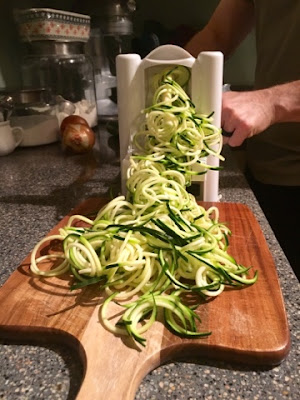
All day long, Almira waited, dreaming of the cake, its creamy texture drawing her in.īut as afternoon turned to evening, she grew tired. Her parents promised to serve her a slice and celebrate with her when they returned from the restaurant that evening. “And on my first birthday when I got back to the city, my dad got me a cake, a pink cake,” she remembered. But when her father brought her home to the city, she discovered shopping centres and restaurants and an array of flavours she had never experienced before.

Every day, the same thing,” Almira recalled of village life. “There was nothing but just homemade food, day in and day out. Up until that point, she had been raised in a distant relative’s house: Her mother had fallen ill, and Almira was sent away to a small village while she recovered. And a panorama of ingredients native to Central Asia – from cumin to carrots, sheep to almonds – melded together to create a distinctly regional taste.Īlmira remembers falling in love with the cuisine when she was only five years old. Clay tandoor ovens, often thought to have originated in India, lay the groundwork for household tunurs – a variation on the term “tandoor”. Teas from China blended with local milk and fruits.

Located along historic Silk Road trading routes, the Uighurs’ homeland brought together influences from east to west, north to south. Signs in the lobby of Mrs Khan Uyghur Cuisine showcase traditional Muslim phrases “It’s a mix of cultures and is very unique,” Almira explained. As a result, Almira has asked to be identified by her first name only, in order to protect her family’s safety.įor the same reason, she likes to keep the focus on her business, where identity can be navigated through spice, sauce and culinary techniques. But the repression in Xinjiang makes questions of Uighur identity particularly sensitive. There, the United Nations has accused Chinese authorities of committing “serious human rights violations” against Uighurs and other predominantly Muslim groups, including through “systems of arbitrary detention and related patterns of abuse”.Ĭhina has denied such accusations as “groundless”. She is originally from Xinjiang, an autonomous region in northwest China, though she prefers to refer to her homeland as East Turkestan. Theirs is a relatively rare offering for the region: a menu stocked with Uighur specialities, from springy hand-pulled laghman noodles to flat disks of savoury gosh naan pastry, blistered in the pan for extra crunch.īut running a Uighur restaurant in the US means educating a public largely unfamiliar with what it means to be part of the Turkic ethnic group, whose homeland sits in Central Asia.Ī few customers have asked Almira: Is Uighur a country? Are Uighurs poor? Why doesn’t your menu have the Chinese food typically available in the US, like orange chicken, tofu and string beans?Īlmira does her best to explain. Situated in Menlo Park, California, Mrs Khan Uyghur Cuisine is one of the few restaurants in the region catering to the Uighur community “Guess what? Twenty-six years later, I’m working in a restaurant.”Īlmira and her older sister Kalbi are the founding forces behind Mrs Khan Uyghur Cuisine, a new restaurant nestled in the heart of Silicon Valley, California, a centre for technology in the United States. I wouldn’t even go to get a part-time job in a restaurant,” she decided.īut a passion for food – and a homesickness for the flavours of her childhood – would conspire against her. “If I grew up, I wouldn’t do this business stuff. The constant rush left young Almira determined to take a different path.

There were always appliances to fix, inventories to take, and emergency shopping to complete. “God, this is tiring,” she remembers thinking, as she watched her parents shape their lives around the mealtime rush. They were gone before she woke up in the morning, and they came home at night after she had fallen asleep.Īs a child, it made Almira resent the restaurant business they ran. Menlo Park, California – Sometimes she did not see her parents all day.


 0 kommentar(er)
0 kommentar(er)
